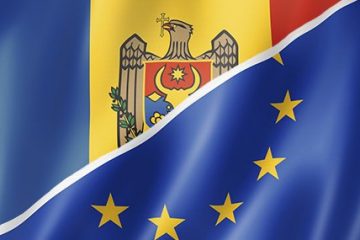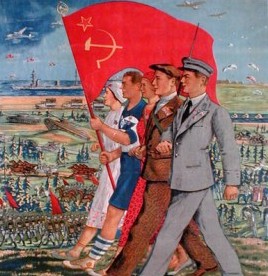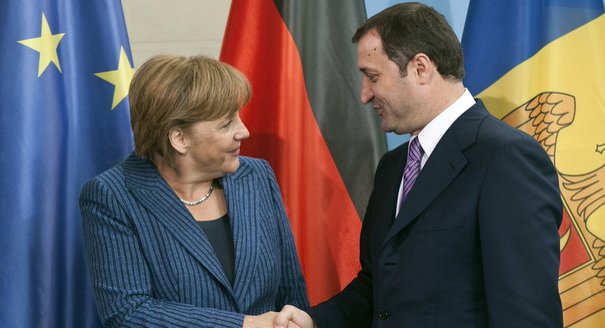
Waiting for Godot – Moldova’s derailed European course
Less than one month ahead of the next Eastern Partnership summit, the Republic of Moldova is again in Brussels’ spotlight. The country’s commitment and adherence to a path of more closely aligning with the European Union is rapidly fading despite being considered back in 2014-2015 the “successful story” of the EaP initiative. The government in Chisinau, which has proclaimed itself to be “pro-European” has shown no desire to push for necessary reforms in key areas, such as the justice sector. Instead, it has acted with the sole purpose to maintain power and preserve the status quo after the parliamentary elections of 2018, regardless of the costs for relations with the EU. The fact that Moldova’s government has been increasingly non-acquiescent …

Romania may have the most to lose from Moldova’s presidential election
Moldova is due to hold presidential elections on 30 October. Alexandru Damian examines what the implications of the election may be for Romania, which has previously expressed support for the current Moldovan government. He suggests that with the government’s preferred candidate facing a challenge to make the second round of the contest, supporting Maia Sandu from the Action and Solidarity party may represent the best option for promoting reform in the country. Shaken by political and economic instability, and divided between pro-Russian and pro-European positions, Moldova is presently awaiting critical presidential elections on 30 October which will help shape the country’s future trajectory. But against this backdrop, Romania’s engagement with the country over the last year could well be described as a …

Who cares about Transnistria? Linkage and Leverage: External actors and conflicts in the post-Soviet space
The colour revolutions in Georgia (“Rose” 2003) and Ukraine (“Orange”, 2004) seemed to promise that countries on the North and East of the Black Sea would shake off their “post-Soviet” label and take a firm and unwavering road towards Europe and the US. Perhaps the states of Central Asia would choose a similar route. Russia would have to take a back seat. A resurgent Russia under Putin has destroyed much of this myth, not least because of Russia’s involvement in the de facto states which have arisen from conflicts: South Ossetia and Abkhazia (Georgia), Nagorno-Karabakh (Armenia/Azerbaijan) and Transnistria (Moldova). Russian influence after 200 years of empire runs deep, but local factors also have a bearing; the EU and US have not applied sufficient drive or resources to the region, or to the conflicts, to balance or check Russia.

Moldova: At the Crossroads between Russia and the European Union
On August 22, 2012, German Chancellor Angela Merkel conducted an important one-day visit to Moldova to celebrate 20 years of German-Moldovan cooperation. Some of the key topics of discussion during her visit were a potential resolution of the Transnistrian conflict, triggered by the self-proclaimed independence of this Moldovan region in 1990 and suspended by the 1992 ceasefire, as well as Moldova’s integration into the European Union (EU). Indicative of the importance of this visit was the fact that the German Chancellor took part in the visit personally, rather than sending a lower ranking representative to address her Moldovan counterpart. Most commentators who have analyzed Merkel’s visit have played down its importance, arguing it merely represents a strengthened effort to resolve …









